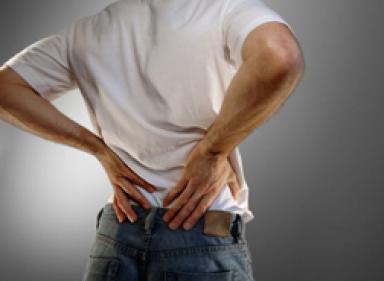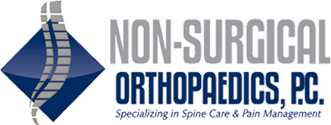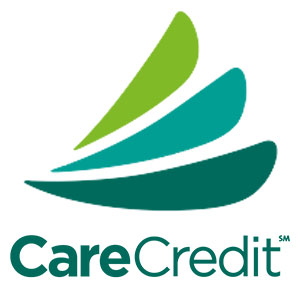Scoliosis Treatment in Marietta, GA

Scoliosis refers to an abnormal curvature of the spine. Normally, the spine curves at the cervical (neck), thoracic (mid back) and lumbar (low back) regions. These natural curves help distribute your weight evenly and absorb stresses from everyday activities like walking, bending, jumping or running.
Any additional curves in the spine are considered atypical and likely indicate scoliosis. The condition usually develops in children and teenagers during growth spurts but may also affect newborns and adults. The angle of the curve can range in size and shape. Generally, an angle that is 10 degrees or greater is considered scoliosis.
How Does Scoliosis Develop?
Scoliosis tends to develop gradually and frequently isn’t painful. As the condition progresses, it may cause visible changes in the body like uneven shoulders and hips and one shoulder blade sticking out prominently. In severe cases, the spine may begin to twist, causing severe back pain and other complications.
Patients with mild scoliosis who aren’t experiencing discomfort may not actively seek treatment. However, if your scoliosis is causing you pain and affecting your everyday life, consider scheduling a visit at Non-Surgical Orthopaedics.
On top of conservative treatments like physical therapy, we help patients with scoliosis and other spine conditions alleviate their chronic pain with minimally invasive pain management injections.
Can Scoliosis Develop in Adults?
Although scoliosis tends to affect children and teenagers, adults can develop it too. In fact, many older adults develop scoliosis and don’t even realize they have it. As you age, the moving parts of your spine degenerate, including discs and facet joints. This may lead to various spine conditions, including degenerative scoliosis.
Degenerative Scoliosis Symptoms
Many people with degenerative scoliosis don’t experience any symptoms. However, as the degeneration of the spine progresses, the curvature may become more pronounced causing the shoulders and hips to become visibly uneven.
You can also become visibly shorter and experience back pain. The pain may start out as mild and slowly worsen overtime. The pain may also be worse in the morning and after strenuous physical activity.
Diagnosing Degenerative Scoliosis
Scoliosis is usually diagnosed with X-rays. Before your doctor orders imaging tests, they’ll likely ask for a thorough medical history and details about your symptoms. They should also perform a physical exam.
X-rays can confirm scoliosis as well as give your doctor much-needed insight into the overall condition of your spine.
Degenerative Scoliosis Treatment
The bad news is degenerative scoliosis is an incurable condition. The good news is the curve in your spine is unlikely to worsen with proper condition management and treatment. Patients suffering from degenerative scoliosis can usually manage their symptoms and prevent their pain from interfering with everyday activities. Common treatments of scoliosis include:
- Physical therapy: Can strengthen your muscles and help improve posture and reduce pain
- Aqua therapy: If you’re overweight or in severe pain, water therapy may be an excellent alternative to physical therapy as it puts less stress on the facet joints
- Pain medication: Over-the-counter pain relievers like ibuprofen or Tylenol can help reduce pain
- Pain management injections: Epidural injections and facet joint injections can provide long-term relief from pain and reduce inflammation
- Chiropractic care: Manual manipulation of the spine performed by a qualified chiropractor can help keep your facet joints mobile and alleviate pain
Will I Need Surgery for My Degenerative Scoliosis?
Surgery for degenerative scoliosis is rarely recommended. When an orthopaedist does recommend surgery, it’s usually to alleviate severe pain or prevent nerve damage if the curved spinal cord is pressing on nearby nerve roots.
Surgical intervention should always be the last resort if other treatments have failed. If you suffer from degenerative scoliosis, you have access to multiple non-invasive forms of treatment like physical therapy, injections and chiropractic care. These safer alternatives can significantly reduce your symptoms, so you don’t have to risk invasive surgery and endure a long period of recovery.
Degenerative Scoliosis Pain Management Options in Carrollton and Marietta, Georgia
Is your back pain preventing you from enjoying life? Explore the many pain management treatments offered at Non-Surgical Orthopaedics in Carrollton and Marietta.
One of our skilled physicians will use a variety of diagnostic tools to determine the underlying cause of your pain and prescribe the most appropriate treatment tailored to your unique needs and symptoms.
To schedule your appointment, call 770-421-1420.






